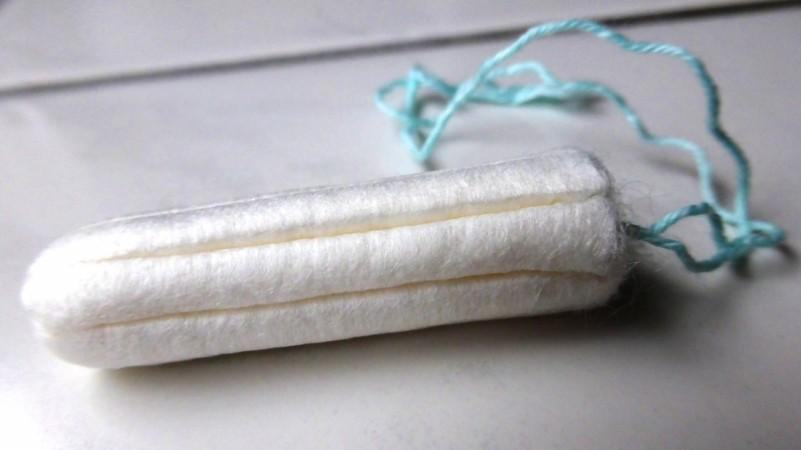
A new survey in Scotland has shed light on a serious issue faced by women — period poverty.
But what is period poverty?
The survey shows that the women, who cannot afford feminine hygiene products like pads and tampons, are using materials like old clothes, newspapers, rags to absorb the menstrual blood during their periods.
According to The Guardian, the research, which was done by the Scotland-based group Women for Independence, focuses on women's issues, reveals some shocking data related to period poverty.
Also read: Do you have heavy menstrual bleeding? Scientists discover new way to ease period pain
According to data, at least one in every five women in Scotland cannot afford to buy sanitary products. And, the most common alternatives used by the women are toilet roll, rags, old clothes, T-shirts, socks, and newspapers.
It affects their hygiene, health, and wellbeing and also causes urinary tract infections. It will also have a bearing on the emotional health of the women as well.
The survey was carried out among 1,000 women. Nearly one in five respondents revealed that they could not afford period products while one in 10 said they have been forced to make a choice between sanitary products with other household items.
Women spend an average of £13 a month on period hygiene products. So, the total estimate would be several thousands of pounds in one's lifetime.
On the other hand, 22 percent of the respondents said to have not been able to change their hygiene products as often as they want to change it while 11 percent of them admitted of having a major impact on their health because of this.
Explaining the reason, most of the respondents cited their feelings of "shame and isolation, worrying about the smell, feeling uncomfortable, and missing out on days of education, work, and social events because they felt unable to go out."
"The findings of the research are incredible. For the first time we have a picture of what women are going through every day. The emotional labor spent concealing that you are going without products has such a detrimental impact," said Victoria Heaney, the woman behind the #FreePeriodScotland campaign.
"For me, the research is not only about women in poverty. It is about breaking the shame and stigma that go hand in hand with talking about menstruation. I hope the research starts a national conversation, from the dinner table to parliament, and contributes to a culture shift in our attitudes and education," Heaney said.









!['Had denied Housefull franchise as they wanted me to wear a bikini': Tia Bajpai on turning down bold scripts [Exclusive]](https://data1.ibtimes.co.in/en/full/806605/had-denied-housefull-franchise-they-wanted-me-wear-bikini-tia-bajpai-turning-down-bold.png?w=220&h=138)



